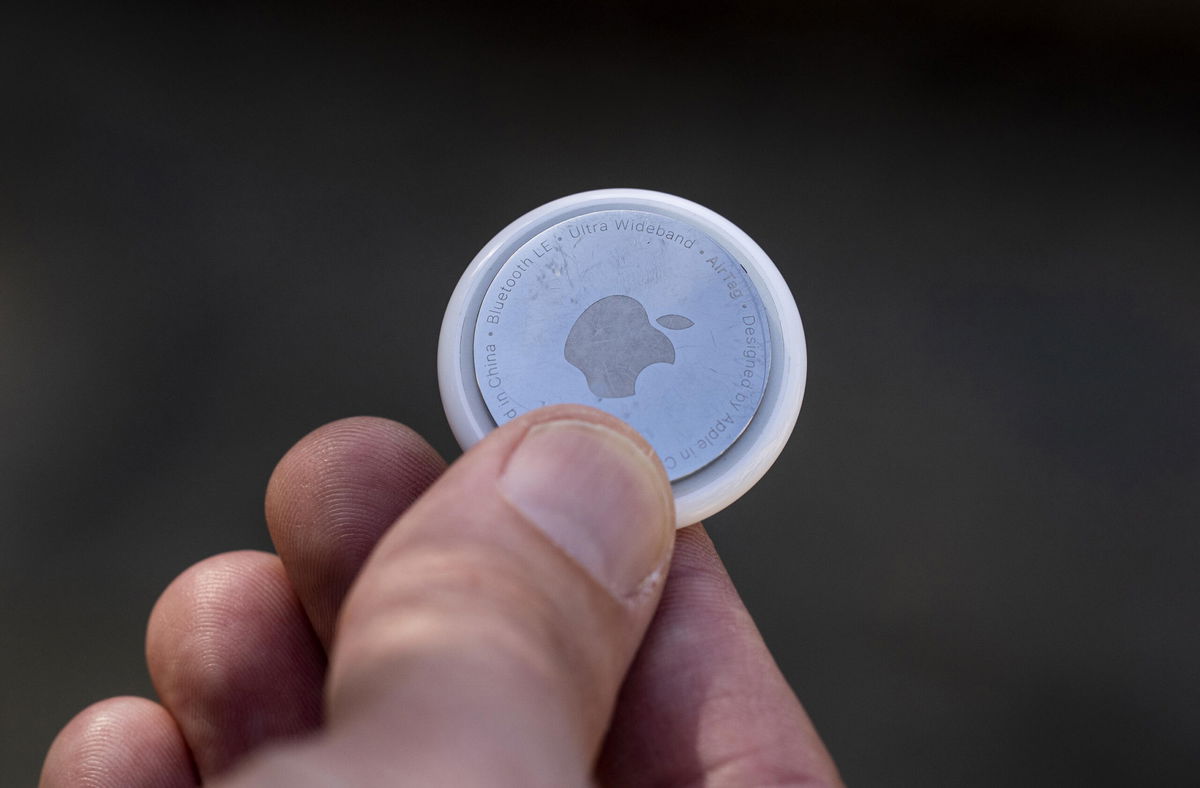Apple and Google are teaming up on a plan to make Bluetooth trackers like AirTags safer

Apple and Google are working together on a new industry-wide effort to help limit the risk of Bluetooth devices like AirTags being used for unwanted tracking after a number of reports about these products enabling stalking.
By Samantha Murphy Kelly, CNN Business
Apple and Google are working together on a new industry-wide effort to help limit the risk of Bluetooth devices like AirTags being used for unwanted tracking after a number of reports about these products enabling stalking.
The companies announced a joint proposal on Tuesday for a new technical specification for manufacturers to build into future products. It would allow location-tracking devices to implement “unauthorized tracking detection and alerts” and work on both iOS and Android platforms.
The goal, according to the proposal, is to enable “unwanted tracking detection” on these devices that “can both detect and alert individuals that a location tracker separated from the owner’s device is traveling with them.” It would also “provide means to find and disable the tracker.”
In a press release, Google and Apple said manufacturers including Samsung, Tile, Chipolo, eufy Security, and Pebblebee have expressed support for the draft specification.
“This new industry specification builds upon the AirTag protections, and through collaboration with Google results in a critical step forward to help combat unwanted tracking across iOS and Android,” said Ron Huang, Apple’s vice president of sensing and connectivity.
The companies added that they have incorporated feedback and insight from device manufacturers, as well as safety and advocacy groups, into the development of the specification. The proposal has been submitted for review to the Internet Engineering Task Force (IETF), a standards development organization, the companies said.
In 2021, Apple launched the AirTag, a $29 Tile-like Bluetooth locator that attaches to and helps users find items such as keys, wallets, laptops or even a car by giving nearly anything a digital footprint, enabling it to be found on a map. But soon after its launch, some experts warned that the devices could be used to track individuals without their consent.
Late last year, Apple was sued by two women who allege their previous romantic partners used the company’s AirTag devices to track their whereabouts, potentially putting their safety at risk. Separately, in June 2022, a woman from Indiana allegedly used one to track and ultimately murder her boyfriend over an alleged affair, according to reports. AirTags have also allegedly been used to steal cars.
Over time, Apple has worked with safety groups and law enforcement agencies to identify more ways to update its AirTag safety warnings, including alerting people sooner if the small Bluetooth tracker is suspected to be tracking someone.
Location trackers aren’t new. The issue of unwanted tracking also “existed long before AirTags came on the market,” Erica Olsen, director of the Safety Net Project at the National Network to End Domestic Violence, told CNN last year.
The-CNN-Wire
™ & © 2023 Cable News Network, Inc., a Warner Bros. Discovery Company. All rights reserved.
